Here’s how the Oscars 2017 turned political
Celebrities call out Donald Trump in the most political Academy Awards ever
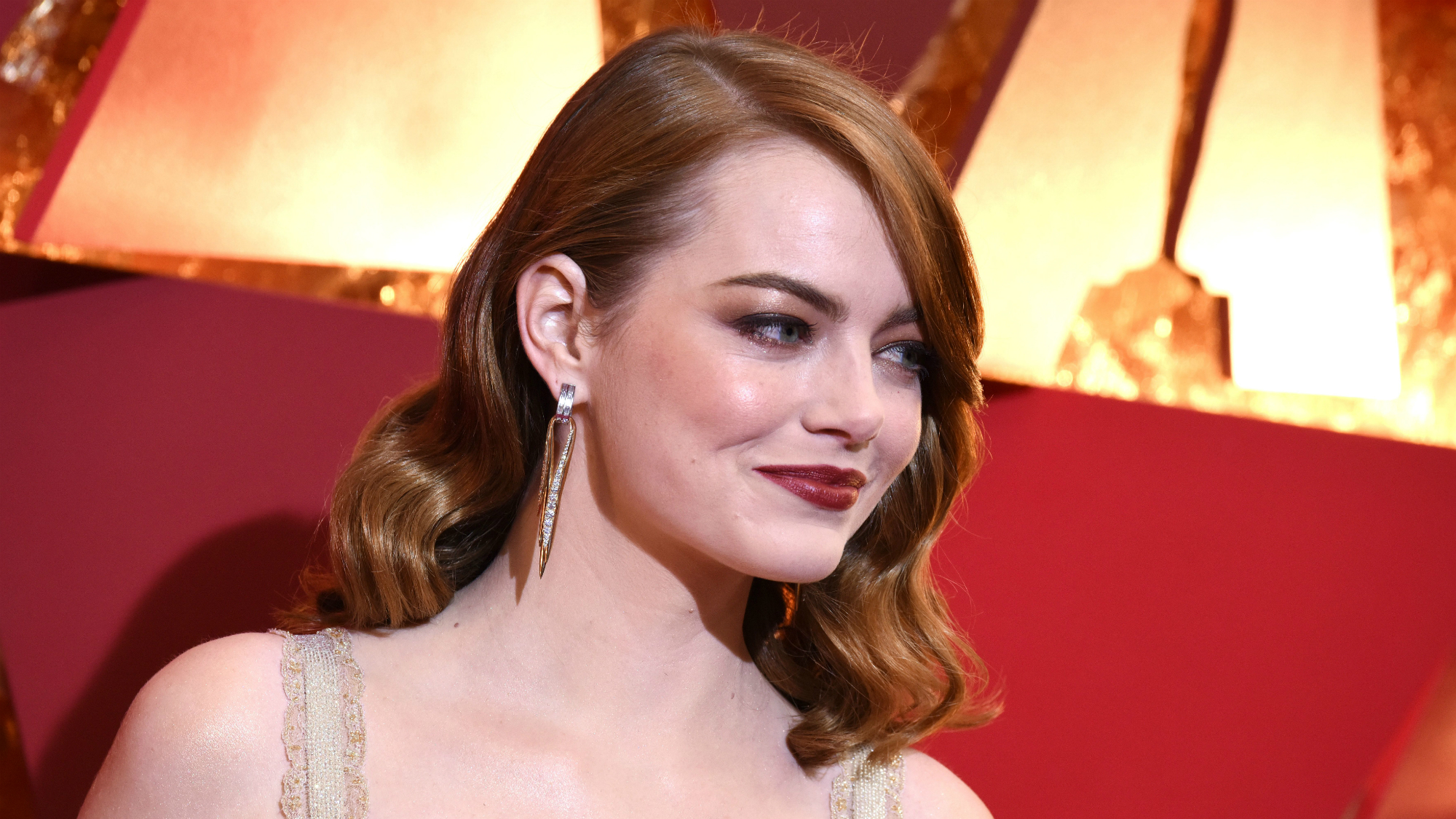

Celebrities call out Donald Trump in the most political Academy Awards ever
It was a given that the Oscars 2017 were going to make a statement, especially if the recent run of political award shows were anything to go by - seeing celebrities from Katy Perry and Ashton Kutcher to Emma Stone and Meryl Streep using their time on stage to speak publicly about the current political climate, all following a similar theme.
Meryl Streep used her Golden Globes speech to slam Donald Trump, Stephen Fry used his opening monologue at the BAFTAs to make a dig at Russia’s influence on America and Katy Perry used her Brits performance to make a statement about Donald Trump and Theresa May’s ‘friendship’.
The whole world, therefore, was watching to see how Hollywood would react at the Oscars 2017, and unsurprisingly, it didn’t disappoint.
The politics started on the Oscars red carpet with celebrities including Ruth Negga, Michelle Williams and Karlie Kloss sporting a blue ribbon on their haute couture gowns, showing their support for the American Civil Liberties Union. Emma Stone also made a political statement with her wardrobe, wearing a Planned Parenthood badge as a subtle protest to Donald Trump’s recent cuts to the organisation.
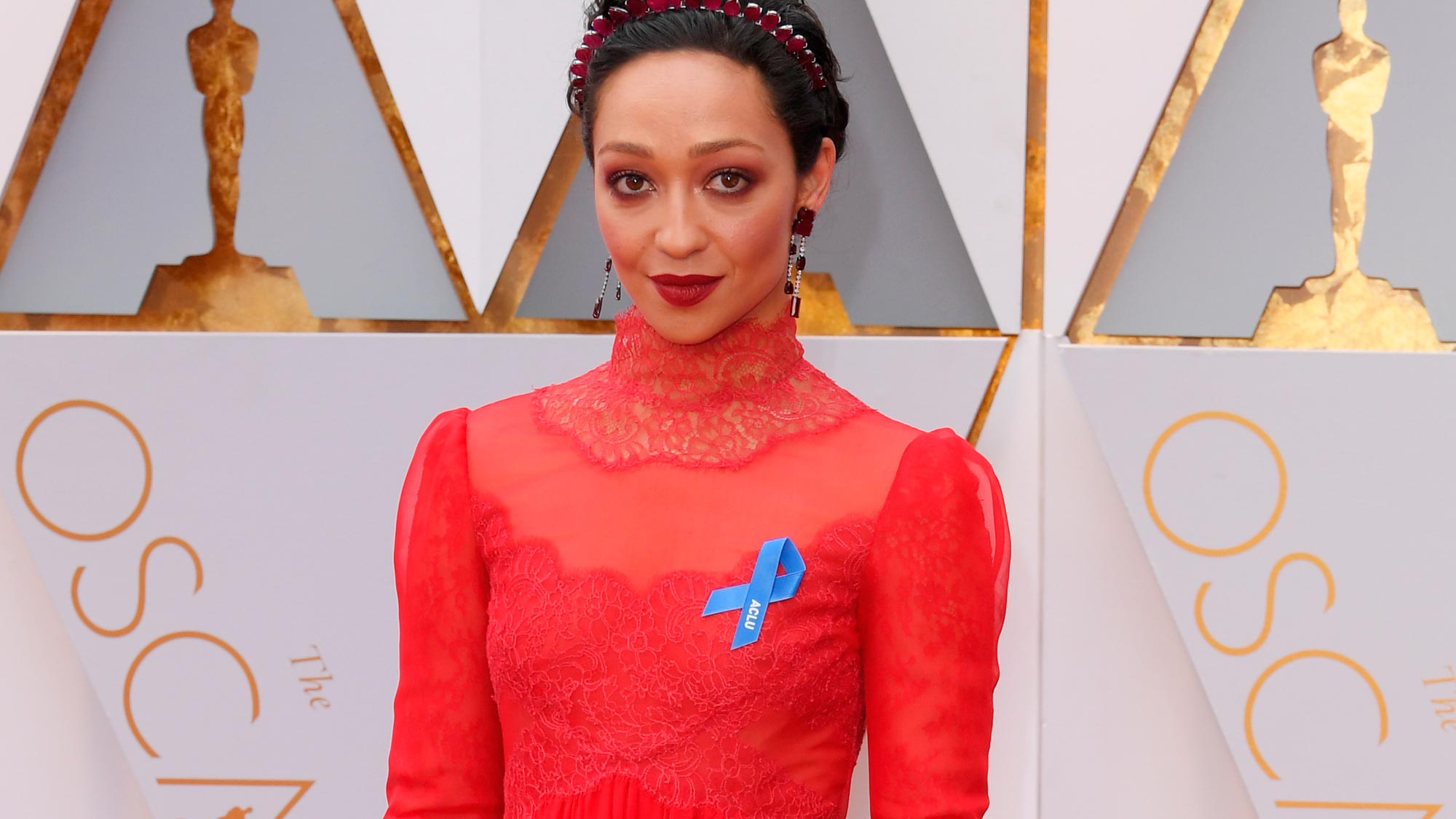
When the awards ceremony kicked off, it was clear that the politics were going to continue, with Jimmy Kimmel greeting the crowd in his opening monologue by making a dig at the President.
‘I want to say thank you to President Trump,’ he announced. ‘Remember last year when it seemed like the Oscars were racist? That's gone, thanks to him.’
Marie Claire Newsletter
Celebrity news, beauty, fashion advice, and fascinating features, delivered straight to your inbox!
After making a series of light-hearted jokes, Kimmel suddenly became serious, explaining how he thinks the country should ‘make America great again.’
‘This broadcast is being watched by millions of Americans and around the world by more than 225 countries that now hate us and I think that is an amazing thing’ he announced. ‘As you know, I don't have to tell anybody, the country is divided right now. I’ve been getting a lot of advice, people have been telling me it’s time to bring everyone together, you need to say something to unite us, and, let’s just get something straight off the top, I can't do that.’
‘I’m not the person to unite this country, but it can be done’ he continued. ‘I don't want to get too serious, but there are millions and millions of people watching right now and if every one of you took a minute to reach out to one person you disagree with, someone you like, and have one positive, considerate conversation, not as liberals or conservatives, but as Americans, if we could all do that we could make America great again. It starts with us.’
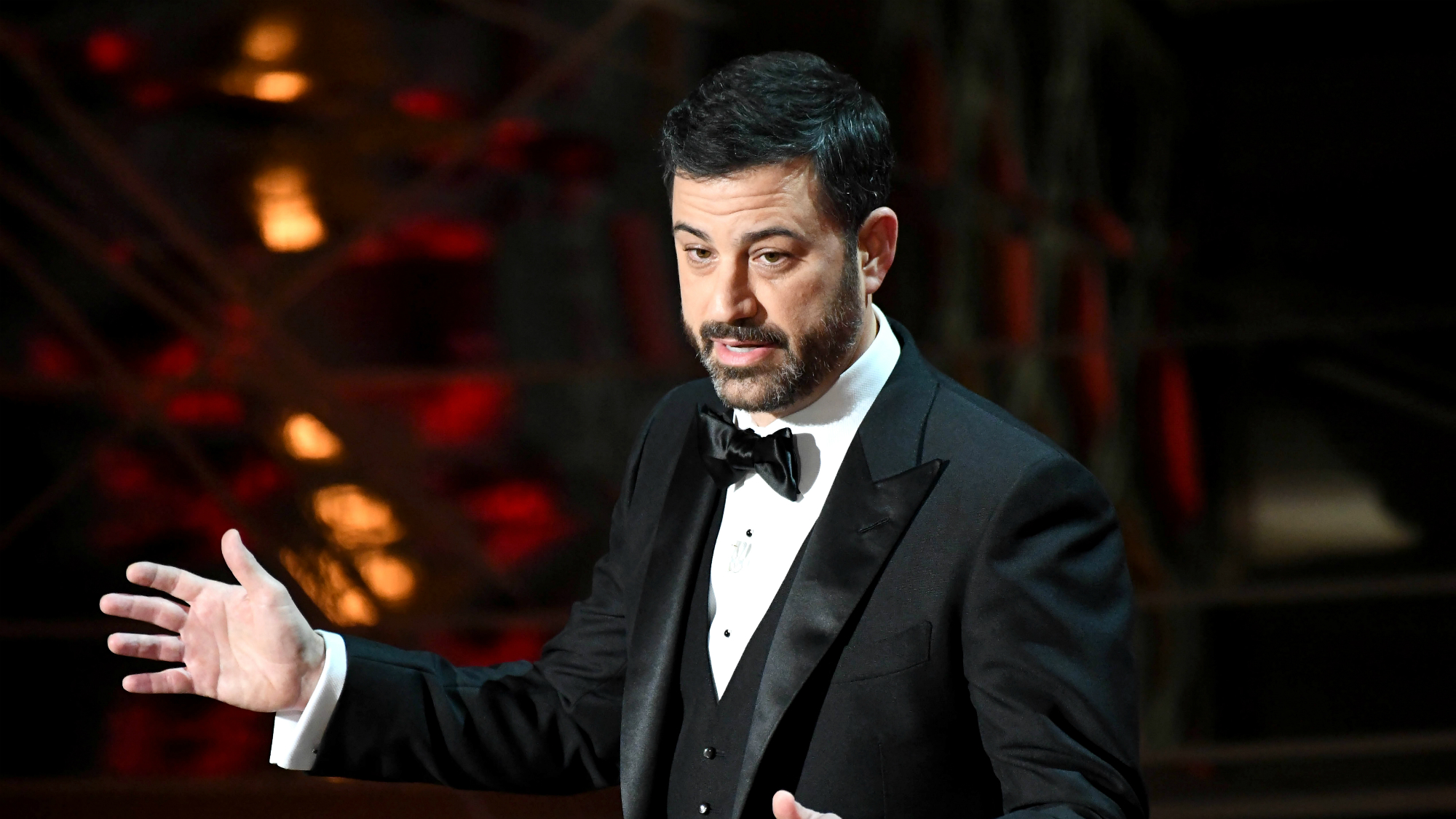
The political theme continued as winner after winner used their time on stage to take a stand.
‘I’m an immigrant’, announced one of the Oscar winners for Best Make up and Hairstyling, whilst Viola Davies dedicated her Best Supporting Actress statue to ‘the stories of the people who dreamed big and never saw those dreams to fruition’.
One of the most political moments of the night, however, was when Iran’s The Salesman won the Oscar for Best Foreign-language Film. The filmmaker behind the award-winning film, Asghar Farhadi, however, chose to boycott this year’s Academy Awards, in protest of Trump’s recent immigration ban.
‘The possibility of this presence is being accompanied by ifs and buts which are in no way acceptable to me even if exceptions were to be made for me trip’, he said ahead of the awards.
Anousheh Ansari, an Iranian-American engineer and co-founder of Prodea Systems, accepted the award on behalf of the filmmaker, delivering a speech from Farhadi to the crowd.
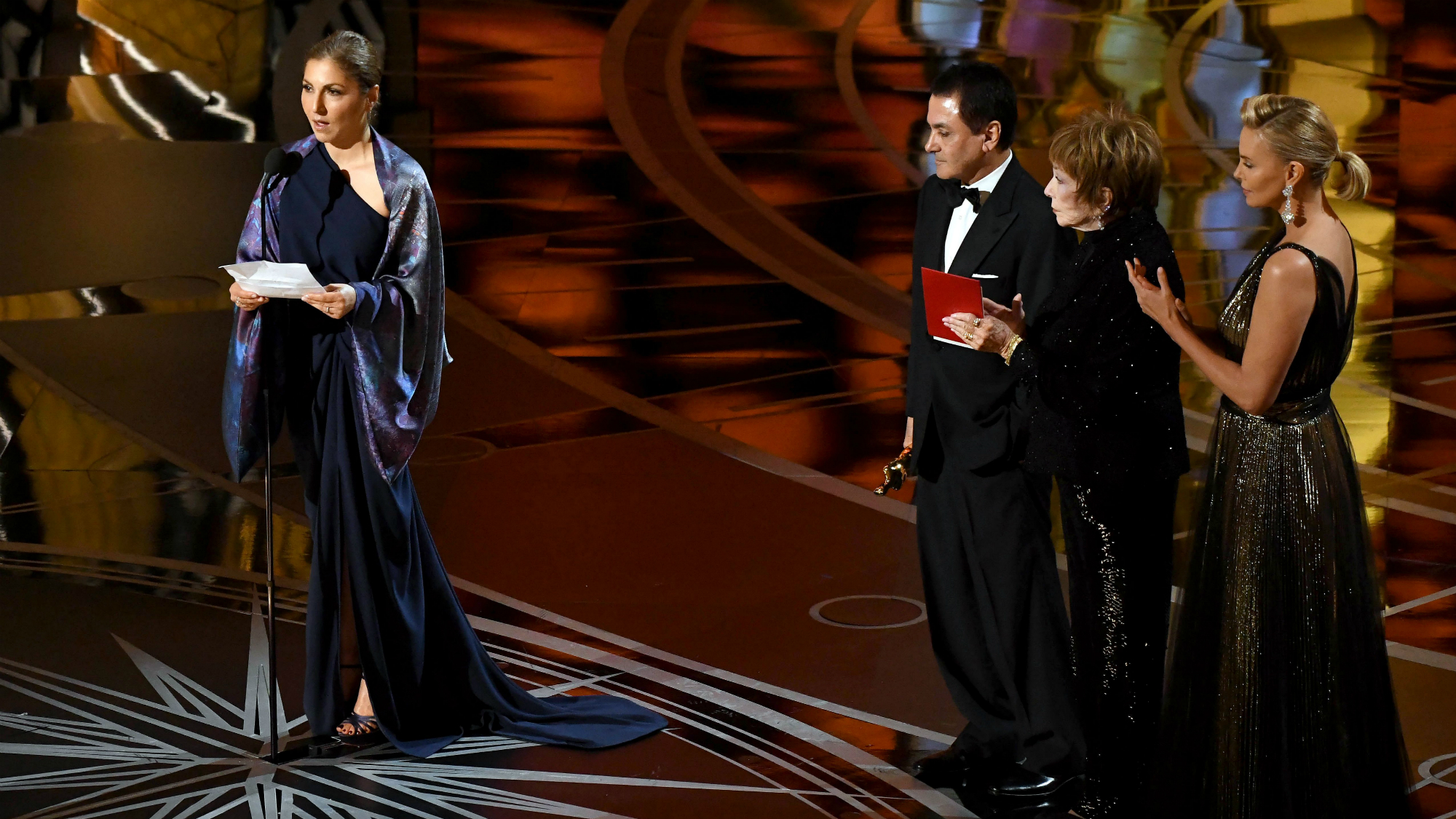
‘I'm sorry I'm not with you tonight’, his message read. ‘My absence is out of respect for the people of my country and those of other six nations who have been disrespected by the inhumane law that bans entry of immigrants to the U.S.’
The speech continued: ‘Dividing the world into the “us and our enemies” categories creates fear. A deceitful justification for aggression and war. These wars prevent democracy and human rights in countries which have themselves been victims of aggression. Film makers can turn their cameras to create and capture human qualities and break stereotypes of various nationalities and religions. They create empathy between us and others. An empathy that we need today more than ever.’
We couldn’t have predicted the Oscars 2017 award-winners, but the one theme consistent throughout award season was definitely the strong political message.

Jenny Proudfoot is an award-winning journalist, specialising in lifestyle, culture, entertainment, international development and politics. She has worked at Marie Claire UK for seven years, rising from intern to Features Editor and is now the most published Marie Claire writer of all time. She was made a 30 under 30 award-winner last year and named a rising star in journalism by the Professional Publishers Association.
-
 I get lash lifts regularly—here’s how I combat 'lash dehydration’, as per expert advice
I get lash lifts regularly—here’s how I combat 'lash dehydration’, as per expert adviceHow I've got my flutter back on track...
By Rebecca Fearn
-
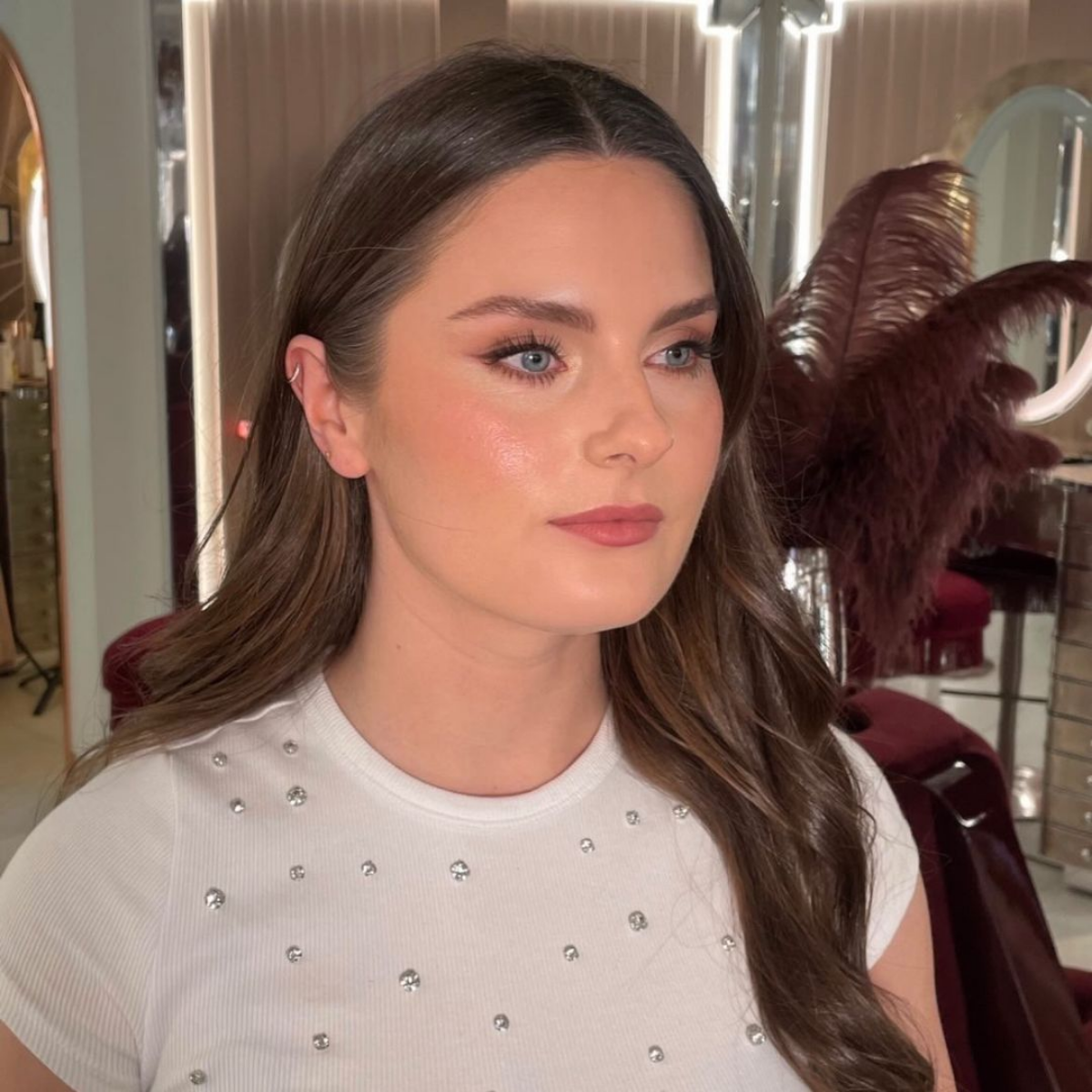 I tried Charlotte Tilbury’s bridal make-up service for my wedding, and *loved* it—here’s everything you need to know
I tried Charlotte Tilbury’s bridal make-up service for my wedding, and *loved* it—here’s everything you need to knowOne of my favourite beauty experiences to date
By Tori Crowther
-
 Prince Harry's "proud" words about wife Meghan Markle are going viral
Prince Harry's "proud" words about wife Meghan Markle are going viralBy Jenny Proudfoot